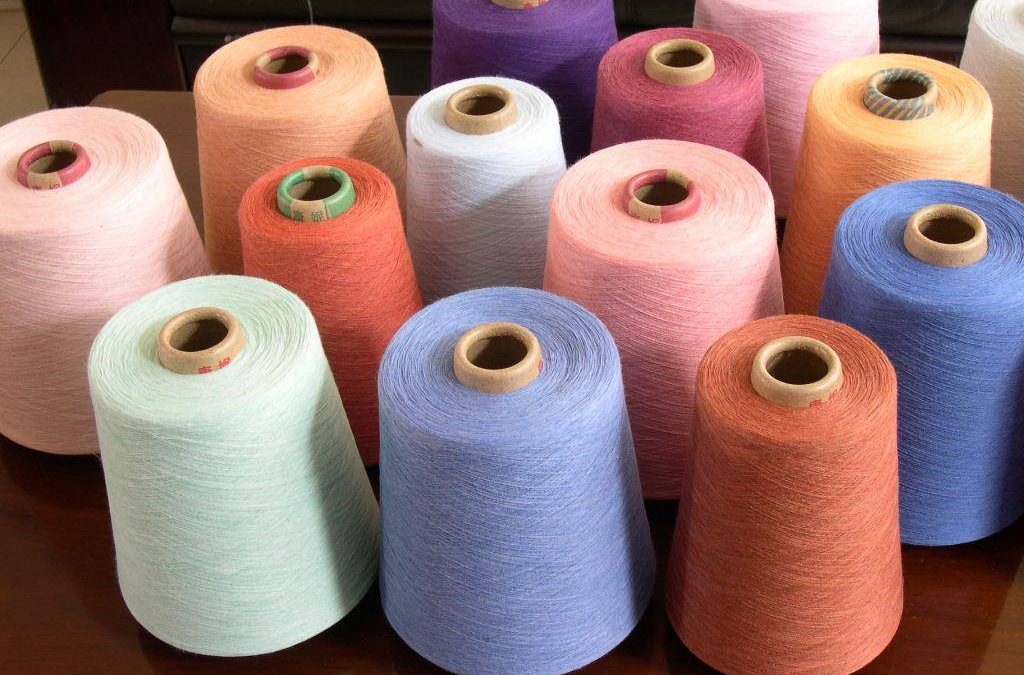
Sustainable Sock Manufacturing: The Rise of Organic and Recycled Fabrics
October 6, 2025
In today’s world, sustainability is no longer a trend—it’s a necessity. The fashion industry, one of the largest global polluters, is undergoing a transformation, and socks are no exception. Consumers are now looking beyond style and comfort; they want eco-friendly socks that align with their values. This shift has led to a boom in the use of organic cotton and recycled fabrics in sock production. But what does sustainable sock manufacturing really mean, and why is it so important for businesses and B2B buyers?
1. Why Sustainability Matters in the Sock Industry
The textile sector has a huge environmental footprint, from water consumption to chemical usage. Traditional sock production often involves synthetic fibers and harmful dyes that negatively impact the planet. By adopting sustainable fabrics, manufacturers reduce waste, conserve resources, and meet the growing demand for ethical fashion.
2. Organic Cotton: A Natural Choice
Organic cotton socks are gaining popularity thanks to their softness, breathability, and eco-friendly farming methods. Unlike conventional cotton, organic cotton is grown without pesticides or harmful chemicals, reducing environmental damage and protecting farmers’ health. For businesses, stocking organic cotton socks offers a strong USP (Unique Selling Proposition) in a market where eco-conscious customers are increasingly dominant.
3. Recycled Fabrics: Turning Waste into Value
Another major player in sustainable sock manufacturing is the use of recycled fibers. Materials such as recycled polyester from PET bottles or textile waste are being repurposed into high-quality yarns. These socks are durable, stylish, and help reduce landfill waste. For B2B buyers, offering recycled-fabric socks means aligning with circular economy principles and appealing to brands committed to sustainability.
4. Performance Meets Sustainability
One of the biggest myths about sustainable fabrics is that they compromise performance. On the contrary, organic and recycled socks often provide equal—if not superior—durability, comfort, and moisture management compared to traditional fabrics. This makes them ideal for both casual wear and high-performance sports socks.
5. Certifications and Consumer Trust
Modern customers don’t just take a brand’s word for it—they look for certifications such as GOTS (Global Organic Textile Standard) and OEKO-TEX. For businesses, working with suppliers who meet international sustainability standards builds trust and credibility in competitive markets.
6. Market Trends and Business Benefits
The global sustainable fashion market is projected to grow significantly over the next decade. Retailers who invest in eco-friendly sock collections not only improve their brand reputation but also tap into a fast-growing consumer segment. B2B buyers can leverage sustainability to stand out, build loyalty, and increase long-term profitability.
Sustainable sock manufacturing is not just a passing trend—it’s the future of the industry. By embracing organic cotton and recycled fabrics, businesses can reduce their ecological footprint while meeting modern consumer expectations.
At Penti, we’re proud to lead this change. Our collections feature organic and recycled material socks designed for comfort, durability, and sustainability.
Welcome to the Wonderful World of Penti!
Thanks to our 70 years of experience; as of right now we are Europe’s Largest Fully Integrated Hosiery Manufacturer with a very strong focus on both digitalization and sustainability.
Please share your contact information with us for your hosiery demands both in Private Label and Penti Branded products for wholesale.
